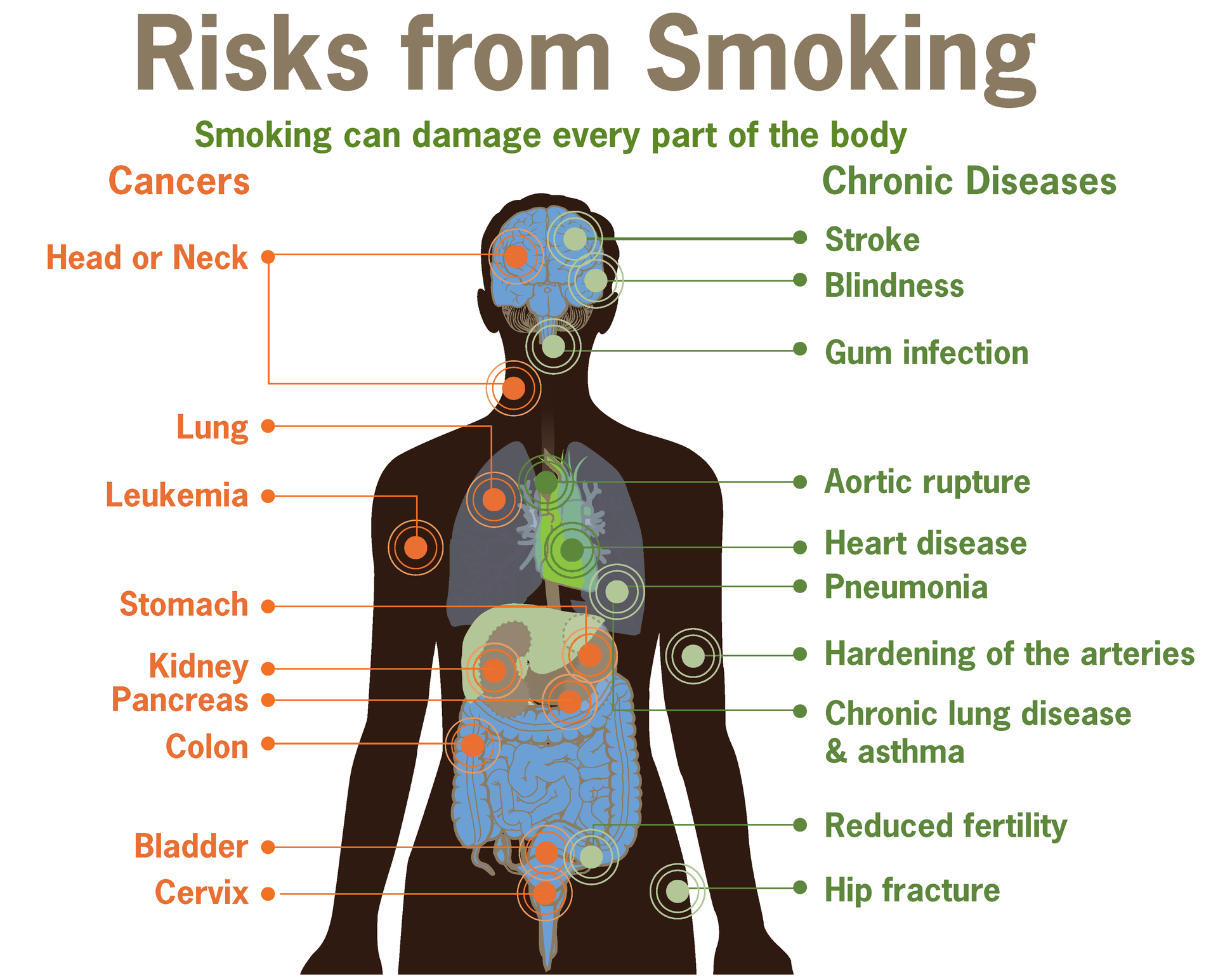
With cardiovascular disease killing an average of 859,000 Americans every year, health-conscious Georgians know that it’s essential to take steps to keep their heart healthy, especially as they age.
Poorly maintained heat health may lead to such conditions as:
- Heart failure
- Heart arrhythmias
- Coronary Artery Disease
- Heart Valve Disease
- Cardiomyopathy
- Stroke
High cholesterol or blood pressure can cause severe damage to your heart, leading to an increase in your chances of stroke or heart disease. Don’t let a medical emergency be the wake-up call you need to keep yourself safe and improve your cardiac health. Our full-service hospital provides quality healthcare with a focus on effectiveness, safety, and cost efficiency. Contact us today to discuss any of our medical services.
7 Tips To Keep Your Heart Healthy
As we age, it becomes even more essential to take care of your heart. While it may seem daunting to make a massive lifestyle shift to prevent your chances of a heart attack, even making small changes can improve your life and reduce your risk factor for heart disease.
Diet
Are you getting enough fruits and vegetables in your diet? Learning what changes to your diet can improve your heart health is one of the best things you can do for yourself. While as a child you may have been told to clean your plate, overeating (especially overeating foods that can negatively affect your heart) can result in high cholesterol and high blood pressure.
When planning out your meals, consider reducing portion size and swapping out these health-conscious choices!
- Instead of Refined Grains, choose Whole Grains.
- Instead of Saturated or Trans Fat, choose Unsaturated Fats (or reduce fat intake in general)
- Instead of High-fat Protein such as hot dogs and bacon, choose Lean or Fat-Free Protein such as fish or poultry.
- Instead of Salt-Heavy Snacks, choose Low-Sodium Alternatives.
Activity
An exercise routine is crucial to improving your life and health. While the idea of going from no exercise to an entire workout routine can seem daunting, even just 150 minutes of weekly moderate exercise can be enough for you to cause a marked improvement in your heart health. This can be any kind of physical activity, though aerobic exercises are more likely to help your cardiovascular endurance.
If the idea is daunting, consider breaking up your 150 minutes of moderate exercise into 30 minutes of daily walking!
Sleep
Are you getting your recommended eight hours of sleep? While you might be convinced that working on fewer hours of sleep won’t cause any problems, the American Heart Association shows that failure to get enough sleep can contribute to heart issues in the future.
Conditions that cause poor sleep have been linked to an increase in:
- High Blood Pressure
- Heart Attack
- Heart Failure
- Stroke
- Coronary Artery Disease
Maintain a Healthy Weight
It’s well known that obesity can put a strain on your heart, whether because of an increase in blood pressure, cholesterol, or diabetes. A general “lose weight” might seem like a great idea, especially as obesity can cause significant heart problems.
However, weight management is a much more complicated issue. When it comes to keeping your heart healthy, it is imperative that you lose weight in a controlled manner and maintain a healthy weight for your body type.
Losing weight rapidly (at a rate of more than 1-2 pounds per week) can cause stress on your heart. Crash diets can result in heart arrhythmias, spikes in blood pressure, and heart damage. If you plan to lose weight
Reduce Stress
The negative impact of stress is more than emotional turmoil. Studies have shown that long-term stress can cause physical damage to your heart, as well.
During periods of intense stress, plaque can build up in your heart, which will lead to an increased risk of coronary artery disease. Furthermore, continued spikes in your blood pressure due to elevated cortisol levels have been linked to an increase in both heart attack and stroke chances.
While entirely reducing stress may be impossible, learning how to manage stress can reduce its effects on your body. Some suggestions on how to reduce your stress levels include:
- Going for a walk
- Reducing loud noises within your environment
- Take a break
- Play relaxing music
- Reduce caffeine intake
- Take up journaling
- Spend time with your loved ones
Quit Smoking
Your body is a machine that needs to work together to keep you functioning. When you smoke, you cause damage to not only your lungs but to almost every single organ in that system. The damage smoking can cause to your heart is of particular note.

Smoking can increase plaque buildup in the heart’s arteries and damage the heart and blood vessels. Peripheral artery disease, in which plaque buildup occurs in arteries that deliver blood to notable parts of the body such as your head, arms, and legs, has also been found to be most common in smokers. This plaque buildup can increase your chances of a heart attack, coronary heart disease, or stroke.
Moderate Alcohol
You may be familiar with the belief that red wine can improve your heart health. While no studies can conclusively prove this to be true, there has been no sign that moderate intake of alcohol causes notable damage to your heart. In fact, there does seem to be some connection to an increase in healthy cholesterol and mild alcohol consumption.
However, the key word there is moderate. As with most things, overindulging in alcohol and alcohol abuse can increase your health risk for heart disease, including a disease known as cardiomyopathy.
For Health Assistance, Rely on Jenkins County Medical Center
When it comes to your health or that of a loved one, you need to trust your doctors. At Jenkins County Medical Center, we pride ourselves on offering exceptional patient care to the residents of Jenkins and surrounding counties.

